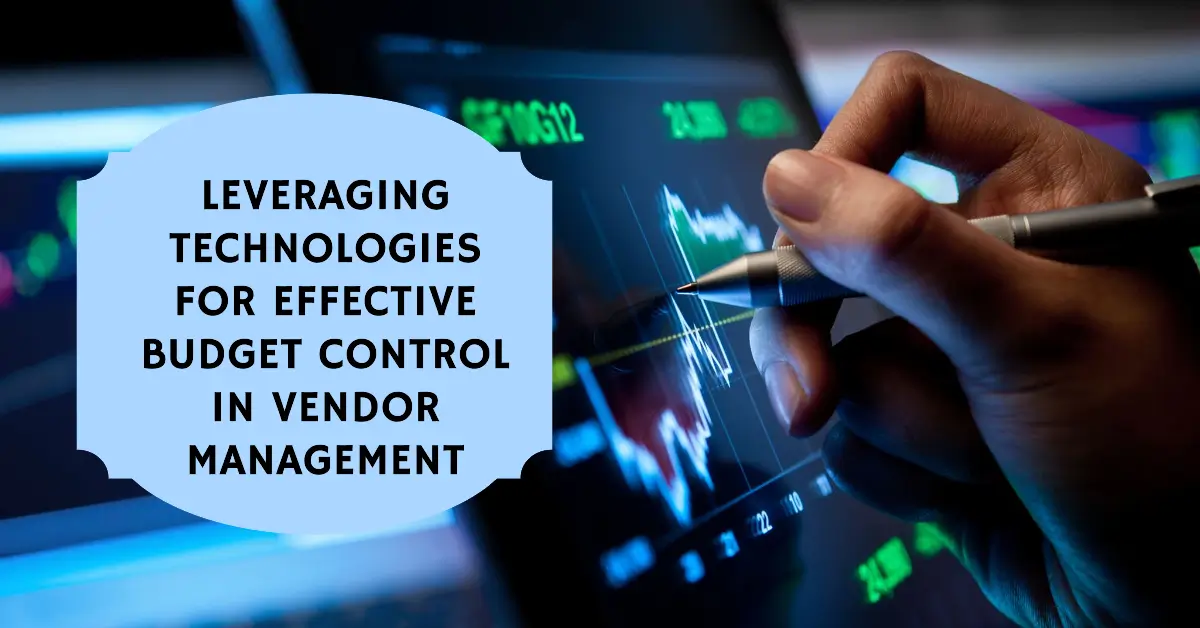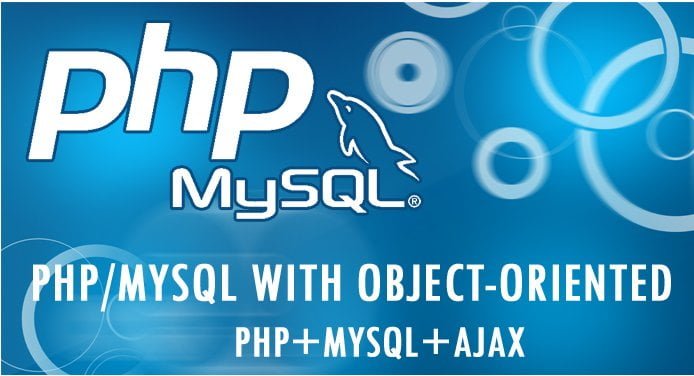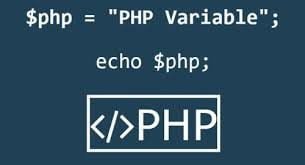Maintaining stringent budget control has become increasingly crucial, especially when dealing with vendors. Effective budget management not only ensures financial health but also fosters strong, sustainable vendor relationships that can drive business success. Fortunately, advancements in technology have provided a suite of tools that can significantly assist in budget control, transforming traditional vendor management processes into streamlined, efficient operations. This article delves into the various technologies that are reshaping how businesses manage budgets in their vendor dealings, ensuring transparency, efficiency, and strategic spending.
Enterprise Resource Planning (ERP) Systems
ERP systems stand at the forefront of technologies facilitating budget control with vendors. These comprehensive platforms integrate all facets of an organization’s operations, including finance, procurement, and supply chain management, providing a unified view of the business. By centralizing financial data, ERP systems enable real-time budget monitoring and analysis, allowing businesses to track spending against budgets at granular levels. Moreover, ERP systems can automate procurement processes, enforce spending limits, and ensure compliance with company policies, making them indispensable tools for budget control.
Procurement Software
Procurement software specializes in streamlining the purchasing process, from vendor selection to payment. These platforms offer features such as electronic purchase orders, contract management, and spend analytics, which are crucial for maintaining budget discipline. By automating routine procurement tasks, these systems reduce the risk of manual errors and ensure that spending aligns with budgetary constraints. Additionally, procurement software can facilitate competitive bidding and vendor negotiations, ensuring that businesses secure the best value for their expenditures. Make sure to learn more about this.
Spend Analysis Tools
Spend analysis tools offer deep insights into an organization’s spending patterns, identifying opportunities for cost savings and budget optimization. These tools analyze historical data to uncover trends, such as frequent cost overruns or areas of high spending, enabling businesses to make informed decisions on budget adjustments. By leveraging spend analysis, companies can negotiate better terms with vendors, consolidate purchases to achieve volume discounts or re-evaluate vendor relationships to ensure alignment with financial goals.
Vendor Management Systems (VMS)
Vendor Management Systems are designed to oversee and manage all aspects of vendor interactions, including performance evaluation, compliance monitoring, and financial transactions. A VMS can assist in budget control by providing a centralized platform for tracking all vendor-related expenditures. These systems often include functionality for rate benchmarking and contract analysis, helping businesses ensure they are receiving competitive rates and services. Additionally, a VMS can automate invoice processing and payment, reducing administrative overhead and improving cash flow management.
Cloud-Based Collaboration Platforms
Cloud-based collaboration platforms have revolutionized how businesses interact with their vendors, enabling seamless communication and information exchange. These platforms support document sharing, project management, and real-time collaboration, which are critical for maintaining budget control. By facilitating transparent communication, businesses and vendors can work together more effectively to manage costs, address budgetary concerns, and identify opportunities for mutual savings.
Artificial Intelligence (AI) and Machine Learning (ML)
AI and ML technologies are at the cutting edge of budget control, offering predictive analytics and intelligent automation capabilities. These technologies can analyze vast amounts of data to forecast spending trends, identify risk factors, and recommend budget optimizations. AI-driven tools can also automate complex negotiations with vendors, using historical data and market analysis to secure favourable terms. By harnessing AI and ML, businesses can proactively manage their budgets, anticipate future spending needs, and make strategic decisions to optimize vendor costs.
Conclusion
The integration of technology into vendor management processes has opened new avenues for budget control, offering businesses the tools to manage financial transactions with greater accuracy, efficiency, and strategic insight. From ERP systems and procurement software to AI and ML technologies, the digital solutions available today can significantly enhance an organization’s ability to monitor, analyze, and control spending. In the dynamic world of vendor management, staying ahead of the curve with the latest technological advancements is not just an option—it’s a necessity.





